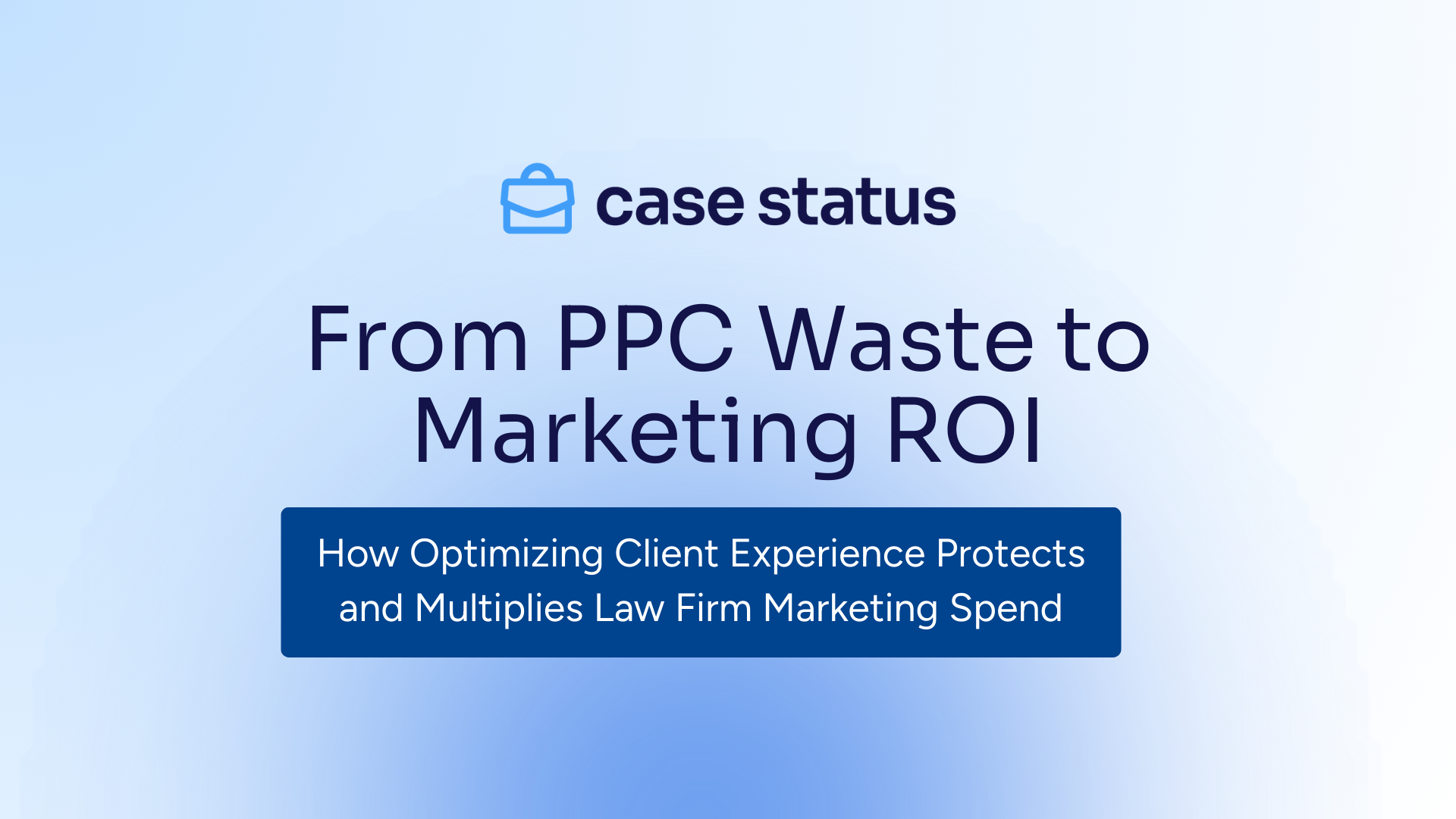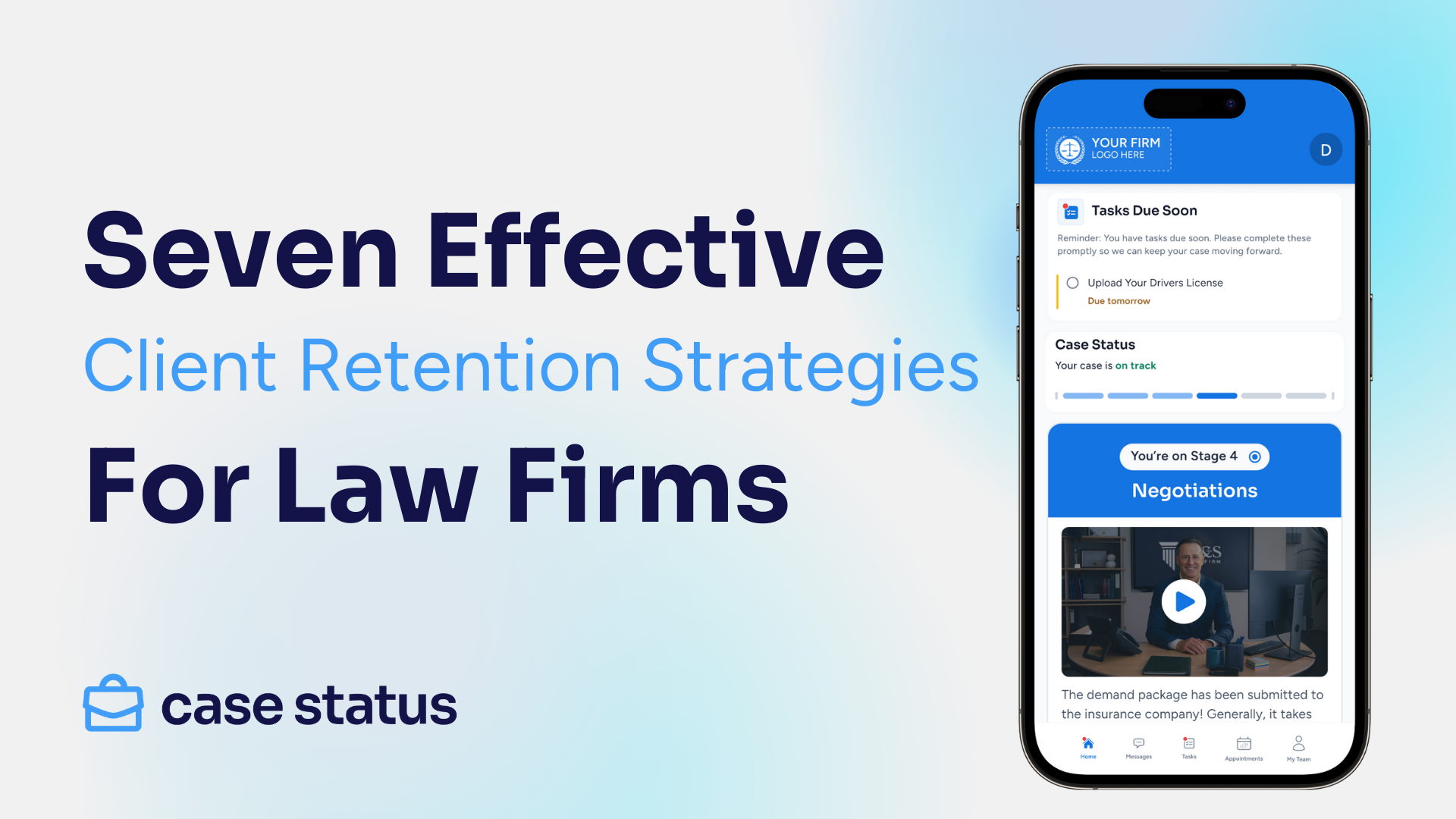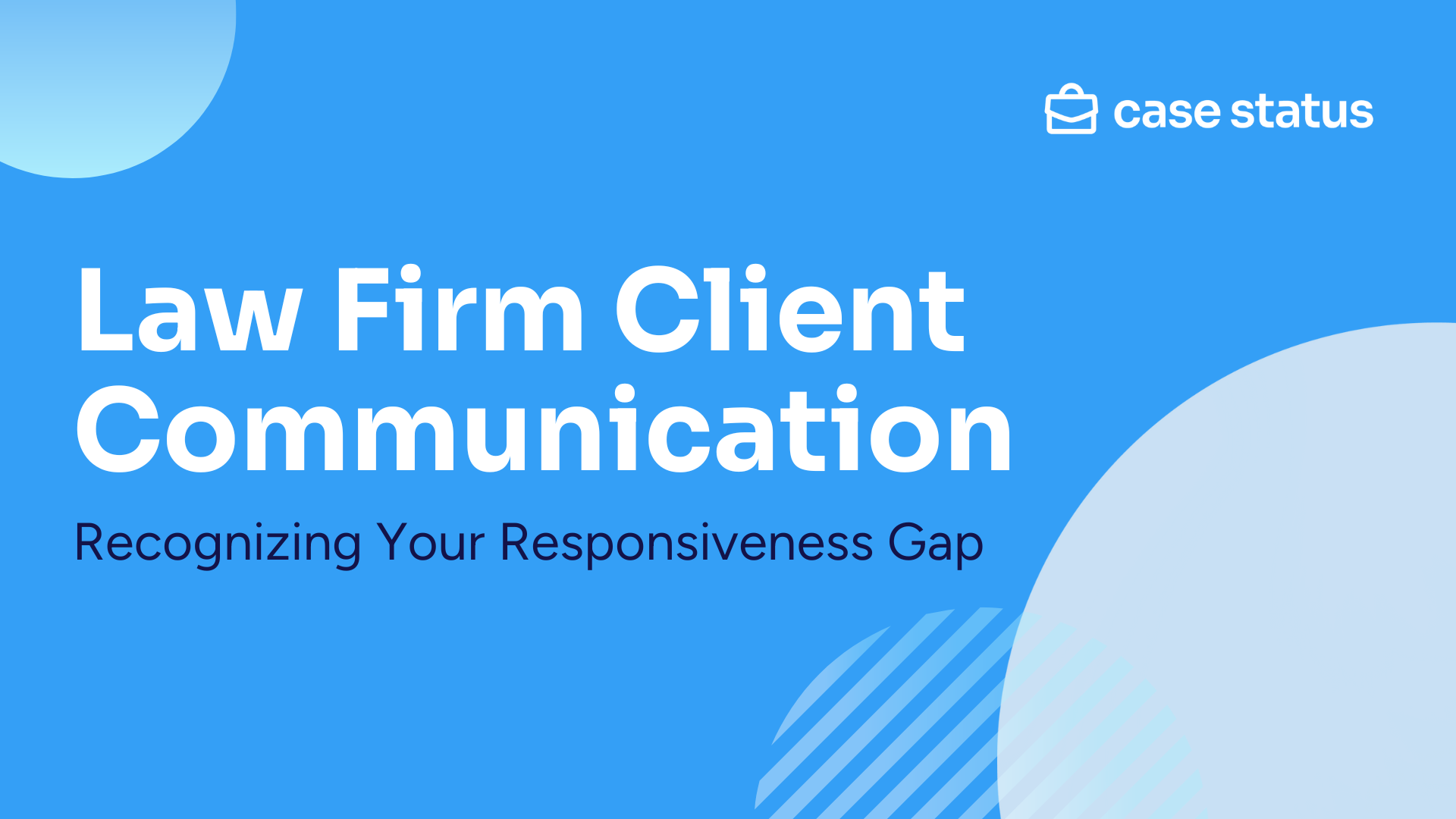
A lawyer once famously quipped, “Time is the currency of legal practice.”
Yet, in an industry where precision meets the pressure of deadlines, inefficiencies are the bane of profitability and client satisfaction.
The introduction of artificial intelligence (AI) into legal practices, a key aspect of legal technology, offers a transformative solution, adeptly codifying vast repositories of case law and intricate regulations into accessible 'gold mines'—amplifying human capacities while trimming down operational hours.
Legal AI: revolutionizing practice efficiency.
Understanding Legal AI
Legal AI refers to the sophisticated algorithms that are honed to manage and interpret legal data. These systems adeptly navigate through vast swathes of legal texts, extracting pertinent insights that underpin a firm's strategic decisions, enhancing accuracy and productivity.
By leveraging machine learning models, Legal AI tools can predict outcomes, draft documents, and even assist in the automation of routine tasks. These capabilities allow practitioners to focus on more complex, high-value aspects of client service, effectively elevating the caliber of legal counsel provided.
The term "Legal AI" encapsulates both "machine learning" and "natural language processing" as its foundational technologies, driven by advancements tailored to the legal sector's unique nuances.
Definition and Functions
Legal AI embodies the intersection of law and artificial intelligence, transforming vast corpuses of legal information into actionable intelligence. This confluence optimizes decision-making while reducing time-intensive research endeavors.
Legal AI systems employ advanced algorithms to scrutinize legal documents, extract relevant data, and facilitate a range of functions from predictive analytics to document automation. These tools act as a "digital associate," enhancing the precision and efficiency of legal operations.
Legal AI is shaping the future with unmatched precision and efficiency in legal services.
By harnessing the capabilities of machine learning and natural language processing, Legal AI analyzes legal content with remarkable depth and scale, allowing practitioners to swiftly navigate complex legal landscapes. It elevates the practice by accelerating strategic processes and mitigating risk, all with nuanced comprehension of the legal realm.
AI in Legal Research
The advent of AI in legal research is revolutionizing the ability to parse legal literature and jurisprudence with unmatched efficiency.
- Natural Language Processing (NLP): Allows for nuanced searches beyond keywords.
- Predictive Analytics: Forecasts legal outcomes by analyzing historical data.
- Data Extraction: Automatically identifies relevant facts and legal principles.
- Citation Analysis: Evaluates the strength and relevance of legal authorities.
- Concept Searches: Finds information on thematic elements across documents.
- Document Clustering: Organizes large sets of documents into related groups for easier review.
- Trend Identification: Spotlights emerging legal topics and potential issues.
By employing AI, legal professionals can surface pertinent information with far greater speed than traditional methods allow.
In leveraging such advanced tools, firms gain competitive edge, ensuring they stay abreast of the latest legal developments and precedents.
AI and Case Prediction
Artificial Intelligence (AI) is transforming the landscape of legal prognostication. AI-driven algorithms assess cases, predicting potential outcomes with remarkable precision.
These predictive models are trained on vast repositories of legal decisions, identifying patterns and tendencies that might escape even the most assiduous human analysis. By quantifying variables such as judge ruling tendencies, case types, and involved parties, AI provides a statistically grounded forecast of case results.
Law firms can thus employ AI not only as a guide for crafting strategic approaches but also for managing client expectations regarding litigation risks and outcomes. AI's capacity to synthesize and analyze legal data offers a predictive lens through which lawyers can refine arguments and position cases more favorably.
The value of such predictive insight cannot be overstated: it is a potent tool for risk assessment and case strategy optimization. AI helps demystify the odds, positioning legal counsel to advise with confidence and clarity.
Harnessing AI for case prediction assures a competitive advantage in legal proceedings, guiding lawyers through the complexities of litigation with data-driven confidence.
Enhancing Legal Operations
Leveraging Artificial Intelligence (AI) dramatically streamlines the drafting of legal documents, a cornerstone of legal service delivery. Smart document assembly tools, predictive typing, and automated compliance checks can revolutionize the preparation of complex legal papers, sharply reducing the risk of human error and expediting turnaround times. Such profound efficiencies subsequently liberate legal professionals to concentrate on strategic initiatives and client relations, rather than on the details of document generation.
Furthermore, AI-driven analytics facilitates superior case management by enabling the identification of relevant precedents and synthesizing disparate case law into coherent strategies. Proactive monitoring of legal developments through AI ensures law firms remain at the forefront of their practice areas, prepared to offer informed advice and strategic planning that aligns with the latest judicial trends and legislative changes.
Automating Routine Tasks
The automation of routine tasks is a forte of Legal AI, liberating precious hours for attorneys and paralegals. By handling repetitive and time-consuming jobs, such as document categorization and data entry, AI systems offload the more mundane aspects of legal work, increasing operational efficiency.
Tasks like due diligence are expedited with machine precision. Legal AI processes vast amounts of data with unwavering accuracy, detecting nuances and patterns imperceptible to the busiest legal minds. In an environment where meticulous attention to detail is paramount, AI's capability to manage and analyze large datasets is invaluable.
Automated legal research is yet another sphere where AI truly shines. It sifts through case law, statutes, and regulations in mere seconds, transforming what traditionally took hours into a streamlined process. The ability to quickly access relevant legal information not only accelerates workflow but also enhances the thoroughness of legal examination, ensuring no stone is left unturned.
Moreover, AI-driven contract management tools analyze and extract key terms and conditions, helping attorneys maintain a vigilant oversight of contractual obligations and risks. In contexts where consistent contract oversight is critical, the incorporation of AI solutions becomes an indispensable asset. With features like automatic alert triggers and contract lifecycle management, AI empowers legal practices to maintain a proactive stance in their contractual engagements, reducing the propensity for oversight and ensuring impeccable standards of compliance.
Improving Case Management
Streamlining case management is a primary benefit of leveraging AI within legal practices, offering precision, efficiency, and comprehensive oversight across an entire case lifecycle. The integration of artificial intelligence into legal case management introduces a new echelon of organization, reducing the cumbersome nature of traditional methods.
Precise data retrieval enhances lawsuit preparations by swiftly pinpointing critical documents across vast repositories. AI's predictive capabilities forecast potential legal outcomes, delivering impactful insights at the preliminary stages of case assembly, significantly streamlining workflow organization.
Advanced algorithms analyze historical case data to predict future litigation trends, enabling lawyers to strategize more effectively. This proactive approach to case handling (incorporating predictive analytics and machine learning) sharpens the competitive edge of legal firms.
Risk assessment tools powered by AI aid in identifying probable legal obstacles early in the process, reducing the likelihood of unforeseen complications. This predictive analysis fosters a proactive, rather than reactive, approach to litigation strategy, and ensures preparedness for potential challenges.
Continuous AI-enabled monitoring of legal developments ensures that attorneys are abreast of the latest precedents that could influence the outcome of their cases. This empowers them to constantly refine their tactics and align them with the prevailing judicial landscape, crafting more effective case strategies.
Consequently, legal practices that embrace AI-driven case management exhibit increased resilience and adaptability. They benefit from elevated efficiency, precision, and strategic foresight, which enhance their capacity to deliver superior legal services and outcomes.
AI's Impact on Legal Outcomes
The integration of Artificial Intelligence in the legal arena transforms decision-making processes, outcomes, and client satisfaction. By employing AI to analyze vast quantities of legal data, including precedents, statutes, and case facts, firms can predict outcomes with heightened accuracy. Advanced AI algorithms can highlight the likelihood of success in various legal strategies, enabling lawyers to pursue the most advantageous course of action with confidence. Such foresight yields not only time and cost efficiencies but also significantly improves the chances of favorable legal results, thereby revolutionizing the practice of law and setting new benchmarks for legal success.
Accuracy and Efficiency Gains
Incorporating AI into legal operations sharpens accuracy while streamlining task execution.
- Predictive Analysis: AI algorithms predict legal outcomes, reducing uncertainty.
- Document Review: Enhanced precision in sifting through vast legal databases.
- Due Diligence: AI ensures thoroughness in vetting documents and contracts.
- Process Automation: Routine tasks are automated, freeing legal professionals for complex analysis.
- Case Strategy: AI offers data-driven insights for crafting winning legal strategies.
As AI technology evolves, error margins in legal work are significantly diminished.
Advanced AI tools accelerate processes, from discovery to case resolution, fostering a culture of prompt, data-informed decision-making.
Data-Driven Decision Making
The advent of Legal AI equips firms with predictive capabilities, enabling proactive, informed stances in casework, rendering serendipitous outcomes far less reliant on chance.
More accurate risk assessments are now at the core of strategic legal planning.
Furthermore, patterns emerge clearer when data underpins the decision-making process, pinpointing strengths (and weaknesses) in arguments and strategies.
Deep data analysis can illuminate paths to favorable judgements, mitigating legal risks before they burgeon into costly disputes.
Thus, legal outcomes become more predictable, enhancing client satisfaction, as precisely targeted, data-backed counsel guides the journey through intricate legal labyrinths.
Ultimately, knowing data points coalesce into actionable insights allows firms to harness potent arguments, ensuring that clients' interests are vigorously defended.
Navigating AI Legal Assistance
AI legal assistance is shaping the trajectory of law firms' strategies, integrating advanced algorithms and machine learning to streamline workflow and enhance output.
In the labyrinth of legal practices, cognitive technologies facilitate the extraction and analysis of pertinent information from vast data sets, ensuring that no critical detail is overlooked. In essence, AI becomes an indefatigable partner, augmenting human expertise with computational precision.
Engaging with Legal AI infuses a firm's arsenal with cutting-edge tools for due diligence, document automation, and predictive analytics, fostering a new era of efficiency and excellence in legal services.
Selecting the Right AI Tools
Identifying the appropriate AI tools is an essential strategic endeavor requiring careful consideration.
- Assess Your Firm's Needs: Determine the specific tasks that require automation and enhancement.
- Evaluate the AI's Legal Expertise: Ensure the tool has been trained on relevant legal data and is capable of understanding legal nuances.
- Consider Compatibility: Check for seamless integration with your firm’s existing technological infrastructure.
- Examine User Experience: Prioritize tools that offer intuitive interfaces and require minimal training.
- Diligence on Security: Vet the AI software for robust data security and privacy measures.
- Look for Scalability: Choose tools that can grow with your firm’s needs and handle increased workloads.
- Support and Maintenance: Opt for tools that come with reliable, ongoing technical support and regular updates.Selecting tools with precision fortifies your firm’s competitive edge.
Deployment of strategic AI tools can propel law firms into new echelons of efficiency and insight.
Ensuring Ethical Usage
Ethical considerations must guide the selection and application of legal AI. The implicit trust in technology's infallibility can be misplaced without strict guidelines and conscious oversight. Law firms must prioritize transparency with clients regarding AI use.
It is crucial to evaluate the AI's decision-making processes. Understanding the logic behind its conclusions ensures ethical application and upholds justice.
Legal AI must comply with regulations and protect client confidentiality. This includes adherence to the ABA Model Rules of Professional Conduct, specifically regarding the safeguarding of information related to client representation.
Firms should institute policies to review and monitor AI outputs regularly. This vigilance ensures that biases and errors do not perpetuate. Moreover, the establishment of ethical committees can assess AI's implications on client welfare and fairness in the justice system, serving as an arbiter of responsible AI deployment in legal practices.
Get more information about how Case Status uses AI to simplify your client engagement.



